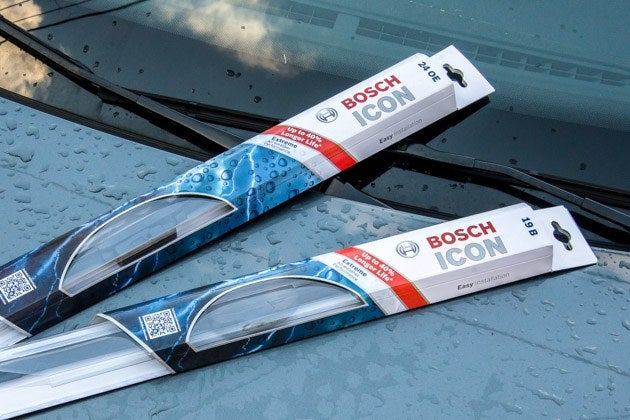sales team
-
“Spirited” Has So Much in Common with Most Salespeople
- November 29, 2022
- Posted by: Dave Kurlan
- Category: Understanding the Sales Force

Only 13% of all salespeople take a consultative approach to selling and almost none of them can be found in the bottom 50% – the group that fails to meet quota each year. A coincidence? On the other end of the spectrum, the top 10% of all salespeople are 4300% more likely to have the Consultative Seller competency as a strength!
-
5 Reasons Sales Teams Underperform Like My Old Wiper Blades
- November 17, 2022
- Posted by: Dave Kurlan
- Category: Understanding the Sales Force

I speak with a lot of CEOs and Sales Leaders from companies whose sales teams are underperforming. One thing they seem to have in common is the mileage problem. When I ask how long the sales team has been underperforming, it is usually the equivalent of 60,000 miles. It’s not a new problem, the signs have been there for YEARS but something recently changed to the extent that they couldn’t tolerate it any longer. The sales team’s performance was finally presenting a threat (safety) whereby one or more of revenue, earnings, sustainability, personal income, stock prices, turnover, market share, morale and more were at risk.
What causes executives to wait so long? Here are five potential reasons:
-
10 Steps to Crushing Your Sales Forecasts
- February 18, 2022
- Posted by: Dave Kurlan
- Category: Understanding the Sales Force

Times change but one constant is the requirement for monthly, quarterly and annual sales forecasts. It used to be difficult to come up with that number but with the technology we have today, a single click in our CRM applications should show us the accurate number. But there is always a lingering question that accompanies that click: Is that really the accurate number?
-
Bob Chronicles Part 6 – When Salespeople Suddenly Make Things Your Problem
- January 20, 2022
- Posted by: Dave Kurlan
- Category: Understanding the Sales Force

Bob was informed 2 weeks ago that an important customer proposal would be due by the end of business today. At 4pm, Bob was in a panic, screaming that he needed pricing in the next 10 minutes or you’ll lose the business. Suddenly it has become your problem.
-
How Gas Grills, Gardening, Masks, and Baseball Mimic Your Sales Team
- May 3, 2021
- Posted by: Dave Kurlan
- Category: Understanding the Sales Force

My project corresponds so well with how many executives approach their sales teams.
They do nothing for years, and then, after growing frustrated with complacency and inability to grow revenue, finally decide to make changes and rebuild their sales teams.
-
31 Conditions That Predict Your Sales Opportunity is in Trouble
- April 16, 2021
- Posted by: Dave Kurlan
- Category: Understanding the Sales Force

Last week, a crazy driver pulled out right in front of me and despite the fact that I anticipated his stupidity and would have been able to stop before smashing into this moron, my car wasn’t as certain as I was. My Genesis took matters into its own hands and went into all out protection mode – making sure nothing happened to it or me.
As advertised, it took over the braking and steering to protect itself, sounded all the alarms to alert me to its strategy and then did two things that really surprised me. All at once, the seat enveloped me in a cocoon and the seat belt tightened around my shoulders so that there was no chance that I was leaving that seat. Going through the windshield? Not a chance unless the whole seat was coming with me!
That was cool.
And it got me thinking. Wouldn’t it be cool if salespeople had a sales version of an early warning system/driver assist like my car has?
-
The Problem With Having Crappy Sales Managers
- November 11, 2020
- Posted by: Dave Kurlan
- Category: Understanding the Sales Force

Sales Managers underperform at a mind boggling level. Let me show you the degree to which most sales managers are unqualified.
-
Keys to Improved Sales Performance – Part 4 of 4
- September 5, 2014
- Posted by: Dave Kurlan
- Category: Understanding the Sales Force

If you are like most folks, you were away for at least part of the summer, took as many long weekends as you could, and worked fewer hours on the days you actually did work. As part of getting the work done, you deleted as many emails as you could where a reply wasn’t required and visited fewer websites and blogs.

